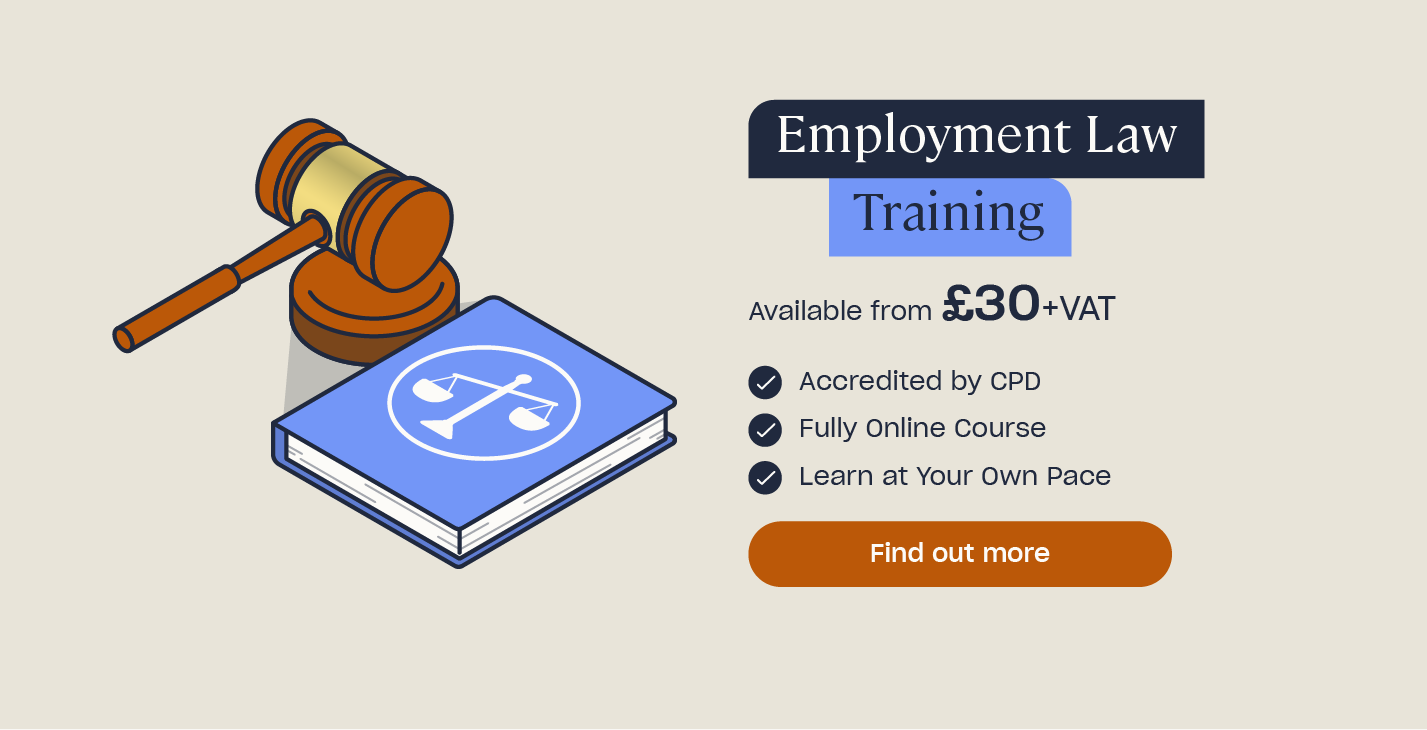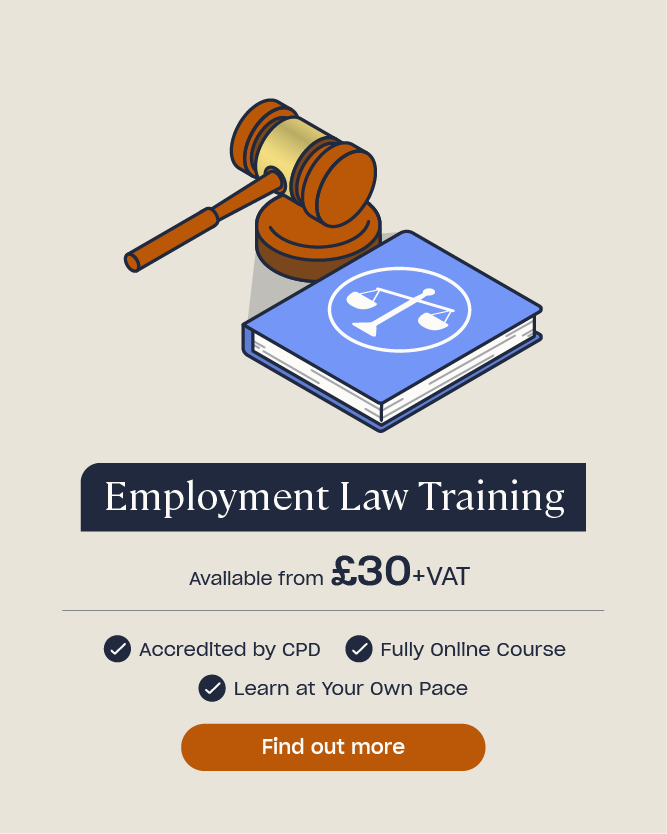What is an Occupational Health Assessment?
Health and safety are incredibly important areas in all workplaces and jobs, and it’s essential that any risks to these are controlled. However, this doesn’t just include risks that are associated with the workplace and the task at hand.
Employers must also consider an employee’s health and wellbeing, whether they are suitable for the job, and if they need to make any workplace adjustments for them.
What is Occupational Health?
Occupational health focuses on both the mental and physical wellbeing of employees in a workplace. Its aim is to prevent work-related illness and injury and promote the health and wellbeing of all employees. It encourages safe working practices, analyses ergonomics, monitors employee health, and helps the management of sickness absence.
An occupational health service is the opportunity for employers to support their workers’ wellbeing. It consists of various health checks and support – from healthcare professionals – to help employees stay well.
Need a Course?
Our Employment Law Training has been designed for managers, employers, and members of HR who must be familiar with key areas of employment law. We also offer Mental Health Awareness Training which demonstrates how easy it can be for employers to make adjustments in order to encourage tolerance and understanding in the workplace.
What is an Occupational Health Assessment?
An occupational health assessment is a medical assessment of an employee by an occupational health professional. It assesses an employee’s physical and mental health and provides their employer with recommendations. It also gives the employer instructions on what they must do to ensure a safe and healthy working environment for that employee.
The primary purpose of an occupational health assessment is to prevent work-related injuries. Most often, they determine whether an employee is physically suited for a particular job. They can also identify any pre-existing conditions that make an employee more at risk of certain hazards.

Different Types of Occupational Health Assessments
There are many different types of occupational health assessments. The type of assessment you receive will depend on your job.
Pre-Employment Health Assessments
A pre-employment health assessment is a screening, performed by a healthcare professional, to determine whether an employee is medically fit for the job and its duties. It is requested by an employer, as part of the risk assessment process, but only after they have made a job offer.
The specifics of the assessment are determined by the type of occupation. For example, the assessment for a police officer will differ greatly from that of an office worker. Despite this, the pre-employment health assessment commonly consists of:
- The completion of a health questionnaire that asks about health issues relevant to the job.
- Discussion regarding any pre-existing medical conditions.
- Health checks related to specific risks associated with the work. For example, a respiratory health check if the job involves exposure to hazardous substances.
- Physical ability tests to measure the employee’s ability to perform a job requirement. For example, a fitness test for a firefighter.
Fitness for Work Assessments
A fitness for work assessment ensures that the individual is fit to perform the tasks required and isn’t a risk to their own, or others’, health and safety. They help employers to identify when and where they need to make reasonable adjustments to the job, task, or environment.
These are needed when a worker has a health condition that:
- Limits or prevents them from performing their job effectively. For example, if they have a musculoskeletal condition that will affect manual handling work.
- Will be made worse by the job. For example, if they have dermatitis and they need to work around chemicals.
- Might make certain work environments unsafe for them. For example, if they have limited vision and they need to work in a poorly-lit environment.
- Poses a risk to the community. For example, if they have recently had food poisoning and are returning to their job as a food handler.
Fitness for work assessments may also be needed when somebody is returning to work after a period of absence. For example, if they are returning after maternity leave, illness, or injury.

What are the most common occupational illnesses? Our article lists the top 5 and how to reduce the risk.
Job Specific Assessments
A job specific assessment is a type of assessment that is related to a specific working task or practice. This might include:
Working with Power Tools
Employees should undergo frequent health assessments if they use vibrating power tools as part of their regular job role. This is to ensure that they are not suffering from hand-arm vibration syndrome (HAVS), carpal tunnel syndrome (CTS), or vibration white finger.
Working at Height
Anybody who works at height must be safe to do so. This means that, before they are allowed to work at height, an employee should be assessed to ensure they don’t have any medical conditions that may affect their safety. For example, poor vision or vertigo.
Lone Working
If somebody has to work alone as part of their job role, then their employer should ensure that they consider the risks associated with it. For example, what to do in an emergency, whether the person has the abilities needed for the job role, and the risk of loneliness.
Display Screen Equipment
There are a number of risks that accompany the use of DSE, such as musculoskeletal disorders (MSDs) and repetitive strain injuries (RSIs). Employers, or a DSE assessor, must ensure that an employee’s display screen equipment is correctly positioned and that they know how to adopt the correct working posture.

For sector-specific advice, you may want advice on how to manage occupational health in the construction industry.
Mental Health Assessments
A mental health assessment examines an employee’s mental health. It gives them the opportunity to discuss any pre-existing mental health conditions, any that have arisen whilst they’ve worked there, or any factors at work that are affecting their mental health. For example, the pressure of tight deadlines.
A mental health assessment is essential for promoting positive mental health in a workplace. You can have an occupational health assessment for depression, anxiety, stress and other mental health conditions.
If an employee has returned to work after a period of absence for a mental health condition, such as if they’ve had time off for depression, then an employer must complete a mental health occupational assessment on their return. This is to ensure they have the opportunity to discuss returning to work and any adjustments they need their employer to make.
An occupational health assessment is a medical assessment of an employee’s physical and mental health. It is essential for promoting staff health and wellbeing and ensuring that an employee is safe at work.
What to Read Next:
- How to Support Hidden Disabilities in the Workplace
- How to Conduct a Grievance Hearing: Tips for Employers
- Work Related Stress: Your Responsibilities as an Employer











